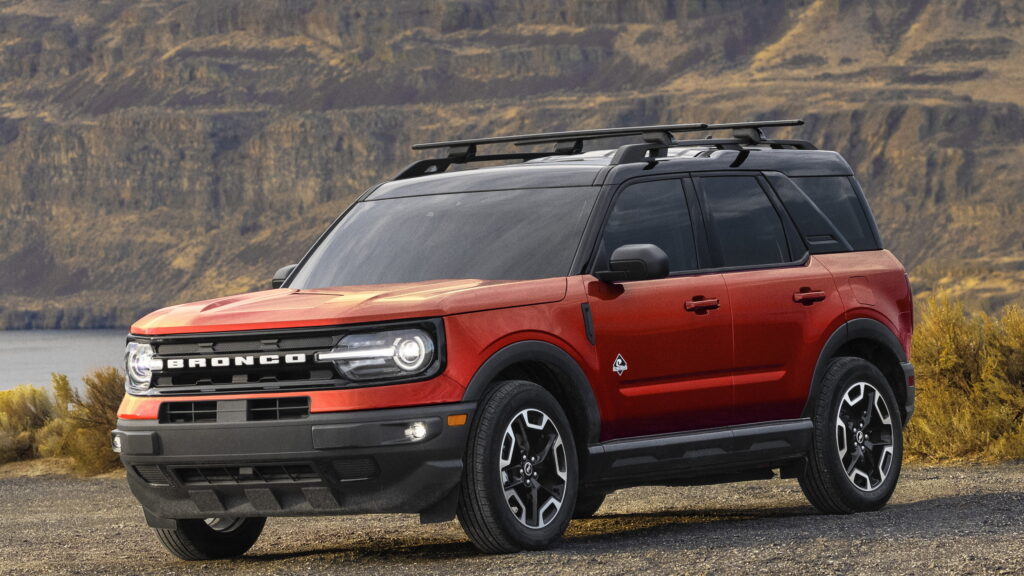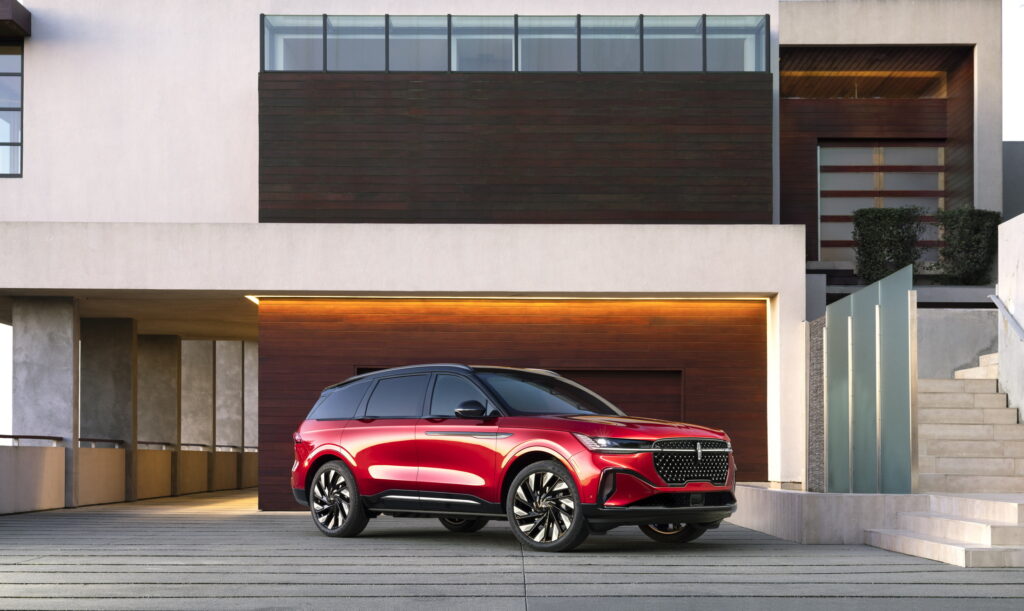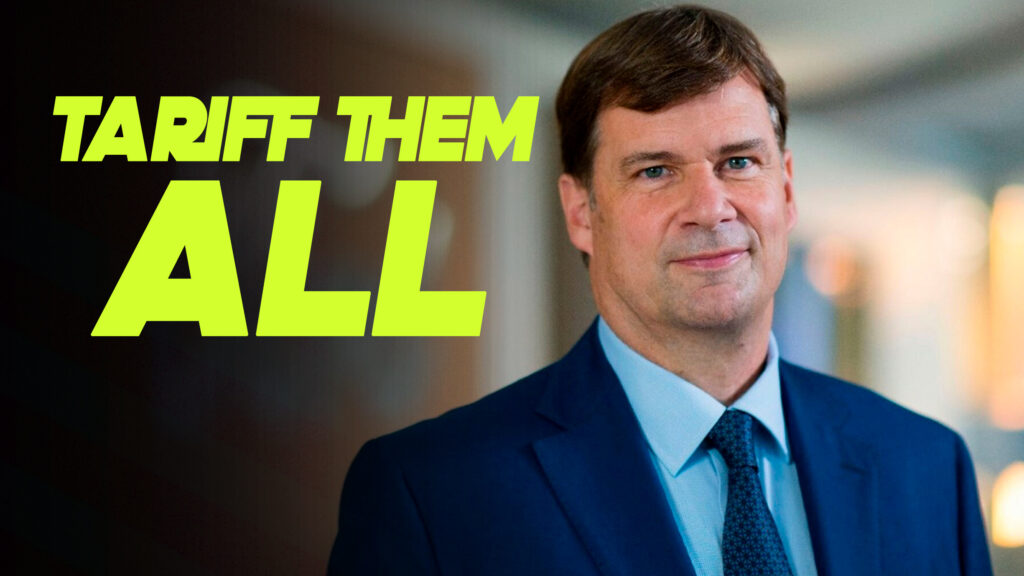- The brand will be hurt by tariffs, as it builds and imports vehicles from Canada, Mexico, and China.
- Ford’s CEO said you “can’t just cherry-pick” one place as it creates a bonanza for competitors.
- Key Ford models like the Bronco Sport, Maverick, and Mustang Mach-E are built in Mexico.
Ford CEO Jim Farley isn’t exactly throwing a party over President Donald Trump’s tariff policies, especially when it comes to the automotive industry. But rather than simply gripe about the tariffs imposed on Mexico, Canada (which have since been put on pause), and China, Farley has suggested that more widespread tariffs might actually be the way to go if the U.S. is ever going to level the playing field.
While speaking on Ford’s fourth-quarter earnings call, Farley noted that brands like Toyota and Hyundai can import hundreds of thousands of vehicles from Japan and South Korea without any new tariffs. According to Farley, “we can’t just cherry-pick one place or the other because this is a bonanza for our import competitors.”
Read: Trump’s Tariffs Could Cost US Auto Industry $33 Billion
Farley went on to elaborate: “There are millions of vehicles coming into our country that are not being applied to these [incremental tariffs],” adding that if the U.S. is “going to have a tariff policy… it better be comprehensive for our industry.”
It’s hardly a surprise that Ford feels unfairly targeted. While it’s an American brand, it produces vehicles like the Bronco Sport, Maverick, and Mustang Mach-E in Mexico, and then imports them into the United States. Additionally, it builds the Lincoln Nautilus in China, and sells it in the US. The exclusive Mustang GTD will also be assembled by Multimatic in Canada. As a result, Ford could be hit hard by 25% tariffs leveled against Mexico and Canada, as well as the 10% tariffs on Chinese imports.

CNBC reports that 46.6% of all new vehicles sold in the US last year were produced internationally. Mexico was the largest importer, accounting for roughly 16.2% of all vehicle sales. South Korea was the second-largest, with an 8.6% share, followed by Japan at 8.2%. Japanese vehicles are currently subject to a 2.5% duty, but that’s chump change compared to the new 10% and 25% tariffs on other markets.
And it’s not just South Korean brands like the Hyundai Motor Group that are getting a break. Ford’s biggest competitor, General Motors, has its own stake in this game. GM imports the Buick Encore GX and Envista—both made in South Korea—into the U.S., taking full advantage of the tariff-free status that South Korean imports enjoy. So, if anyone thinks the playing field is level right now, well, they might need to check the math.




